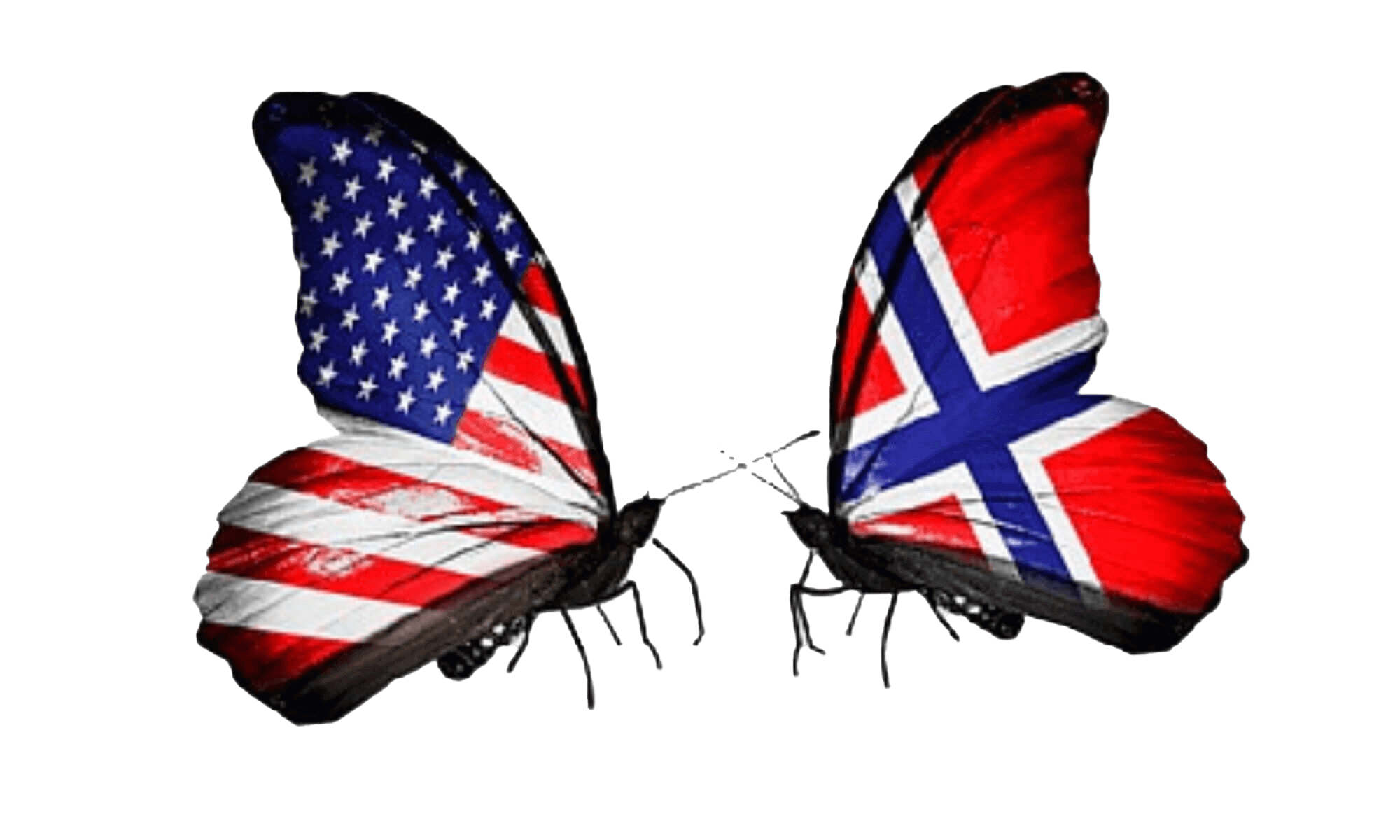| Notes |
elvetica, Arial, sans-serif;" border="0" cellspacing="0" cellpadding="0">der: 0px; margin: 0px; padding: 0px; font-size: 12px; vertical-align: top;" valign="top" width="701">umn" style="border: 0px; margin: 2px 0px 0px; padding: 0px;"> 0px; margin: 18px 0px 14px; padding: 0px; width: 336px;">yle: dashed; border-left-style: initial; border-top-color: initial; border-right-color: initial; border-bottom-color: #ccd5db; border-left-color: initial; border-image: initial; margin: 0px 0px 10px; padding: 0px 0px 10px; line-height: 18px;">In 1705, a group of 12 religious dissenters (six men and six women) in Groton, Connecticut called Valentine to serve as their pastor. I am not certain why they chose Valentine. Clearly, Valentine was an intelligent, educated, passionate, and outspoken young man, but he was still only 23 when they called him. One possibility is that it was Susannah's father, Baptist clergyman Rev. John Holmes, who planted the seed during a brief sojourn in Groton at the close of the 17th century. The Baptist faithful in Groton might have inquired of Rev. Holmes about a potential pastor, and he might have suggested his young son-in-law. Valentine did minister to the Groton congregation, albeit from a distance for a while, and in so doing became the first Baptist preacher in Connecticut colony-- essentially the founder of Connecticut's Baptist tradition. |


 (Age 44 years)
(Age 44 years) 
 (Age 88 years)
(Age 88 years) = Link to Google Earth
= Link to Google Earth  : Address
: Address
 : Location
: Location
 : City/Town
: City/Town
 : County/Shire
: County/Shire
 : State/Province
: State/Province
 : Country
: Country
 : Not Set
: Not Set



